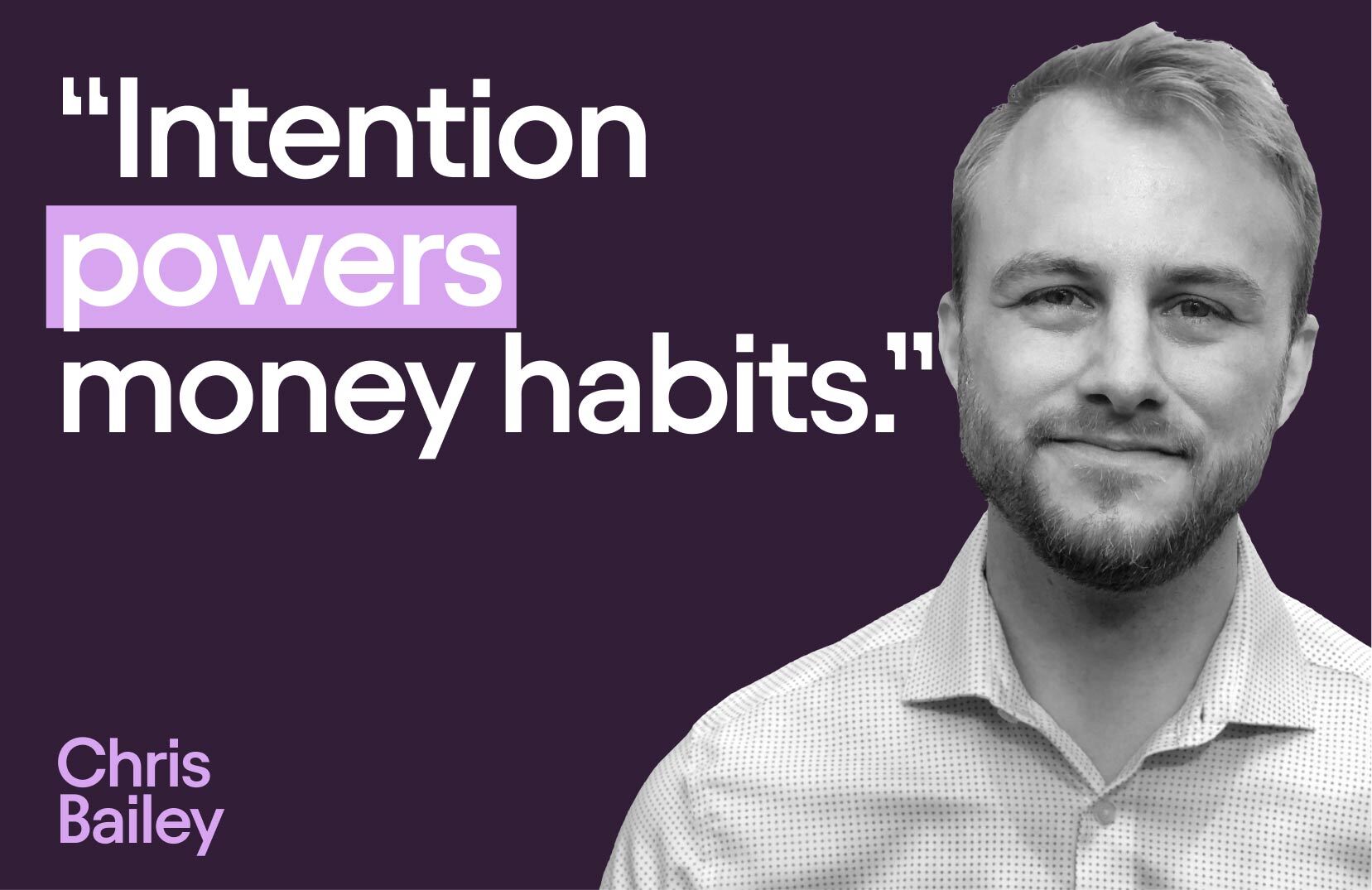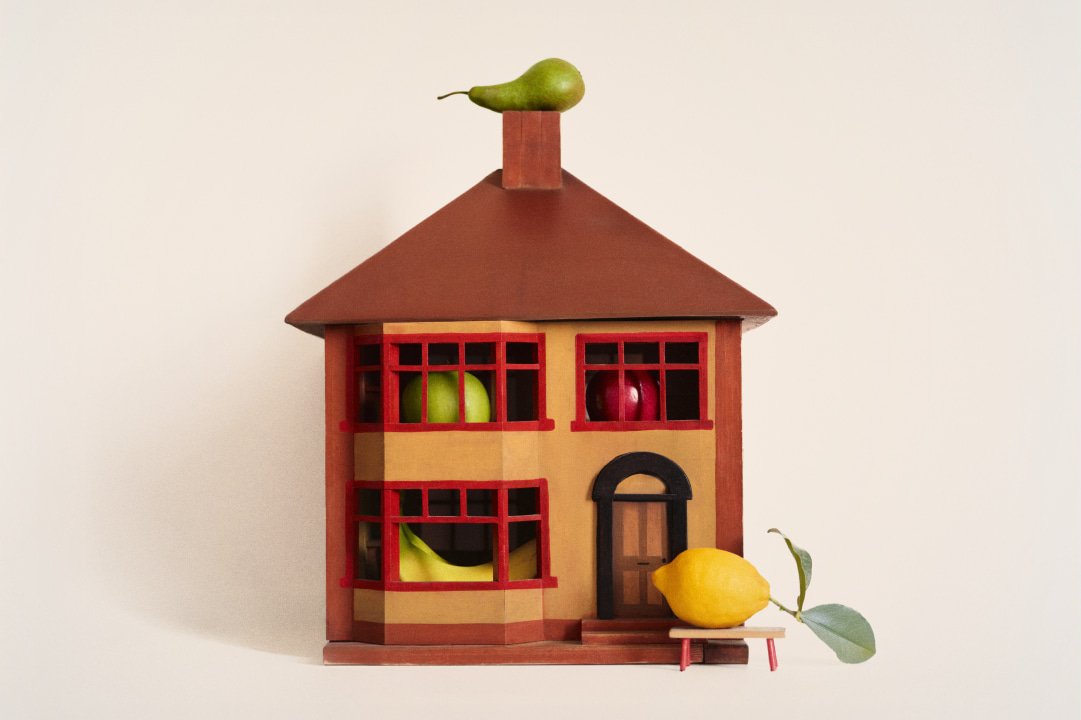
The Habit Lab
“Not all habits are made equal.”
By Justin Quirk
How Much Does It Cost?

Everyone tells you how you are going to feel when your first child leaves home. There is the sadness of seeing them go. The loneliness their absence causes. How quiet the house is without them. And the anxiety caused by worrying how they will manage – deep breath – without you.
Really, what parents experience is grief and we all know there are five stages to that process: denial (“they aren’t really going, are they?”). Anger (“I bet they won’t miss us, they probably won’t even think about us”). Bargaining (“we will see you soon, won’t we? Maybe you could come back for dinner?”). Depression (“we are going to really, really miss them”). And finally acceptance (“ah well… it’s for the best. They can’t stay at home forever”). It’s a cautionary tale that even comes with its own medicalised diagnosis – Empty Nest Syndrome – but most parents eventually work through it and move on. Some even enjoying – dare I say – a little more financial freedom that comes with it.

What no one warns you about is how you are going to feel – and what it’s going to cost – if they come back. Or, if they don’t actually leave in the first place. You thought the teen years were bad? Buckle up for twentysomethings who stay up later, are used to doing their own thing, and might just want to bring a date home for the night.
According to the most recent census statistics, the average age an adult leaves the family home for good is 24*. In London it’s 25, with some boroughs registering the average as 26. And in the last 14 years, the number of families in England and Wales with adult children living with their parents has risen by 13.6%. There are many factors involved here. The high cost of living, lack of affordable housing, student loan debt, and the difficulty in finding well-paid jobs are just a few, but the bottom line is this: in 2025, more and more families aren’t looking after children any more, they are living with fully grown, unexpected housemates.


In our case, we have two older children – the youngest recently left for university and the older one moved back in this summer. To be brutally honest: it was not a smooth transition for any of us.
“I didn’t want to come home after university,” says 22-year-old Nyah Henderson, our eldest child – and now newest lodger. “The plan was to move in with friends, but we very quickly worked out that we couldn’t afford it – even with jobs. Sadly, that left me with only one option…” Ouch!
Hurt feelings aside, as parents we couldn’t fault the maths. In London, the current average monthly rent is £2,121, which is almost double the UK average. If you factor in the average graduate starting salary in the capital (£29,000), the figures don’t add up. Unless, of course, your rent is heavily subsidised. Which is where we lucky parents come in. The challenge, however, is working out what to charge your loved ones when they have spent most of their lives living with you entirely rent-free, often with food, clothing, heating and bills all included. It is a tricky moral and financial dilemma – one I quickly decided was best left to my wife, Marilyn, who in turn consulted her friends.

Annie, a single-parent, had no qualms. “I simply couldn’t afford not to charge my son rent,” she admitted. “The food bill alone would have left me bankrupt.” They settled on £400 a month, but Mark, 24, also helps with bills and takes care of his own incidentals – namely beer. Simon and Tracey, on the other hand, were far more circumspect. “We talked about it, but we just couldn’t bring ourselves to ask Annabel for money,” Tracey admitted. “We still think of her as our little girl, I suppose. I know it sounds silly, but how can we charge our daughter rent? We can just about afford it, so it’s okay.”
It was a feeling I shared. Fortunately, Marilyn is made of sterner stuff. “Nyah needs to learn to be responsible,” she explained to me, patiently and practically. “Growing up is about managing your money, appreciating what you have, what you can afford and that saving for the future is fundamental. If Nyah wants to move out anytime soon, the planning and budgeting needs to be in place now. If not, she might be with us for years.”
This was a sobering thought. It also made perfect sense, until you start drilling down into the fiscal fine detail. In a shared house, bills are usually divided equally and individuals cover their own living expenses (food, drink, clothing, socialising etc), but when it is a family home, the lines are blurred.
Sometimes we eat together like old times, on other occasions we do our own thing. Are takeaways our treat, or a joint purchase? We don’t need multiple digital subscriptions, so who pays for the wifi? Netflix? Spotify? Should the Dad cab service be complimentary? And what if one of us spends nearly an hour in the shower, singing along to Charli XCX with seemingly no thought for the cost or the environment and… well, you get the picture.
So we sat down as a family and discussed it like adults. And it was all very amicable. Kind of.

We settled on a monthly amount of £200 that would cover rent, some food and bills. Nyah also agreed to contribute to the broadband and allow us access to their music-streaming service. So far it’s working out, and allowing Nyah to regularly save £250 per month for holidays and £500 per month as savings. And it seems she’s not alone in her savings habit – a recent survey from Starling found that a third of Gen-Zers (18-24 year olds) have £25k or more in savings.
| Rent | £200 |
| Travel | £150 |
| Student Loan Repayment | £45 |
| Mobile phone | £40 |
| Broadband | £20 |
| Music subscription | £15 |
| Treats/snacks | £80 |
| Socialising/takeaways | £300 |
| High-street shopping/clothes | £200 |
| Total | £1,050 |
|---|
| Utilities (water, gas, electricity) | £75 |
| Food | £175 |
| Transport (dad cabs) | £30 |
| Total | £280 |
|---|
“I must admit I feel relieved to be living back at home,” Nyah says. “It’s familiar, comforting and I don’t have to worry about calling the landlord. And mum and dad are pretty cool most of the time. I also feel like I can focus on my career and what I want to do in life, rather than just doing a job to make rent.”

It hasn’t all been plain sailing since she moved back in. As parents, we had started to adapt to our new roles, no longer care-givers and now having the house to ourselves again. Suddenly, it feels as though we are back where we started. To paraphrase mafia boss Michael Corleone in The Godfather, “Just when we thought we were out, they pulled us back in.” Nyah is similarly conflicted: “I don’t actually mind paying rent, I’m happy to contribute to the bills, but I long for the independence of my student days,” she admits.
“I miss coming in at 2am and talking loudly until silly o’clock. Living with your parents is more of a challenge because it is their house and they still treat me like a child sometimes. And I act like one, too, I suppose. It is easy to fall into that dynamic. I just have to remind myself this isn’t forever. But for now it’s… fine.”
In our new role as landlords, “fine” is probably the best we can hope for, too. It isn’t easy, but then again family life never is. (And between you and me, it really is nice to have them home.)
The article above includes general information and should not be taken as financial advice. If you have questions about your specific circumstances, please speak to an independent financial advisor.
If you’re a parent living with grown-up children, you may want to track your outgoings more closely once they’re back under your roof. Enter Spending Insights, a free feature for all Starling customers.
Learn more about Spending Insights